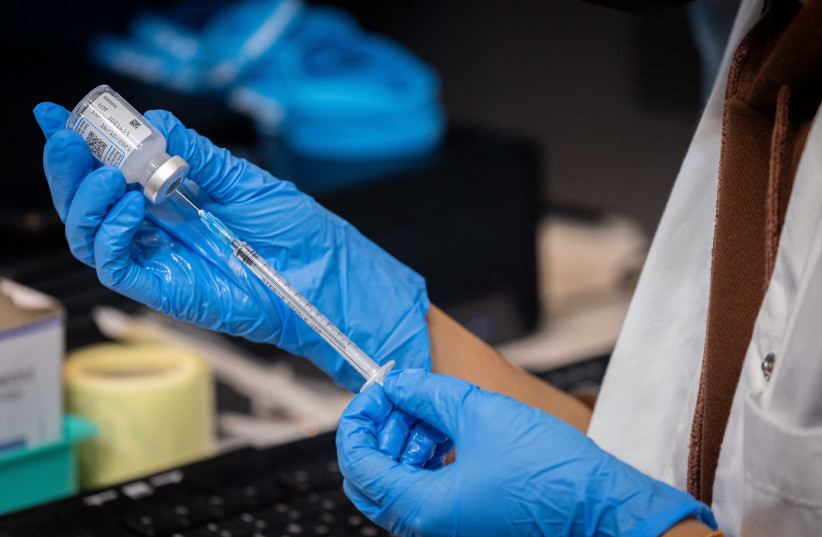Israelis should refrain from travel to Belarus, Moldova, Romania, Russia and Turkey due to high levels of COVID-19, the Health Ministry warned Wednesday afternoon, as numbers continued to decline.
These countries were put on the “red” list, meaning that Israelis have to receive special permission to travel to them or to return.
At the same time, the ministry added more countries to the “yellow” list - the list of countries in which the ministry believes there are low chances of catching coronavirus.
That list now includes Austria, Uruguay, Bahrain, Hong Kong, Taiwan, New Zealand, China, Czech Republic, Cyprus, United Arab Emirates, Italy, Malta, Portugal, France and Kosovo.
All other countries are considered "orange."
Earlier in the day, parents and caregivers were informed that if they are fully vaccinated, they will no longer have to be isolated if their children catch coronavirus.
The decision applies to all those who were vaccinated or recovered within the last six months or who have received a booster shot.

Previously, if a child under the age of 12 was in isolation then at least one parent had to isolate, too.
The Health Ministry said Wednesday that only 1,794 people were diagnosed with the virus on Tuesday. Some 408 people were in serious condition on Wednesday evening, and the death toll stood at 7,959.
The percentage of people testing positive remained under 2%.
